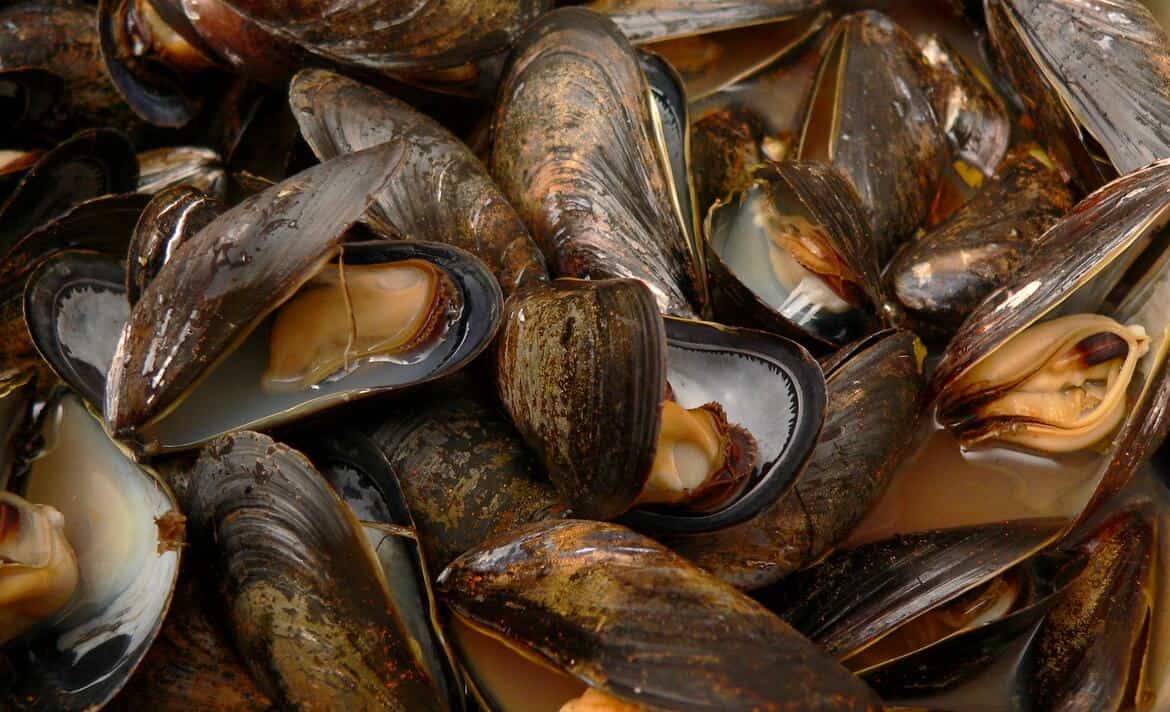Scientists are tapping into the natural secretions of an ocean creature to successfully reduce the visibility of scars.
Combining a sticky protein from mussels with other adhesive materials, researchers from Pohang University of Science and Technology in South Korea fabricated a new type of glue that has shown to significantly reduce the appearance of scars in animal studies.

The mussel-based glue also led to a healthier functioning of skin cells after a wound had healed, according to the study on rats, which appears in the journal Biomaterials. For instance, skin near the wound was more likely to feature normal blood flow following the adhesive treatment — something that fails to occur in scar tissue.
“If this can be replicated in humans, it might be the next big thing for scar therapy,” Allison Cowin of the University of South Australia, who was not involved in the current study, told New Scientist.
The Magic of Mussels
In developing their new approach, the researchers first had to tap into the underlying reasons behind the formation of scars and, further, why current scar-reducing treatments are largely ineffective.
When a person sustains a cut or laceration, the skin heals in a different way in which it was originally composed. Key to this process is the reformation of collagen, an important part of the skin’s dermis layer that maintains elasticity. Instead of growing back in a “basket-weave arrangement,” collagen can return in parallel lines when a cut heals.
To avoid poor collagen regrowth, the researchers combined a skin protein known as decorin, which helps collagen regrow in healthy patterns, with the substance secreted by mussels. Then they tested their new adhesive material on rats that had deep cuts about one-third of an inch wide.
Related: Behind-the-Ear Technique Avoids Neck Scarring After Thyroid Surgery
The researchers coated the wounds in the glue and patched them over with a plastic film. Other rats had their wounds covered with plastic but didn’t receive the adhesive treatment.

After about a week-and-a-half, the researchers discovered stark improvements in healing among the rats that received the mussel-based glue. On day 11, rats with the adhesive treatment had 99 percent of their wounds closed, compared to just 78 percent of rats that went without the adhesive.
After nearly a month, the rats that received the glue treatment barely showed signs of a visible scar, while the non-treatment group showed the thick-skin characteristics of scar formation.
“We created a scar-preventive collagen-targeting glue consisting of a newly designed collagen-binding mussel adhesive protein and a specific glycosaminoglycan,” report the researchers in Biomaterials.
Related: Movie Villains Are Teaching Us Skin Problems Are Evil
Not only did the treatment reduce scar visibility, but also led to quicker wound recovery, too. “The collagen-targeting glue successfully accelerated initial wound regeneration,” report the study authors.
While the evidence is compelling, transitioning the adhesive treatment to humans will be something of an uphill climb.
“Rats have loose skin, whereas we have tight skin, and they tend to heal better and have less scarring than we do,” Cowin told New Scientist.
However, because the medical community lacks an alternative for effective scar-reducing treatment, the mussel-powered approach provides a bright spot for wound bearers everywhere.
“Collectively, our natural healing-inspired collagen-targeting glue may be a promising therapeutic option for improving the healing rate with high-quality and effective scar inhibition,” conclude the researchers.
Richard Scott is a health care reporter focusing on health policy and public health. Richard keeps tabs on national health trends from his Philadelphia location and is an active member of the Association of Health Care Journalists.


![How To: ‘Fix’ Crepey Skin [Watch]](https://cdn.vitalupdates.com/wp-content/uploads/2017/05/bhmdad.png)












